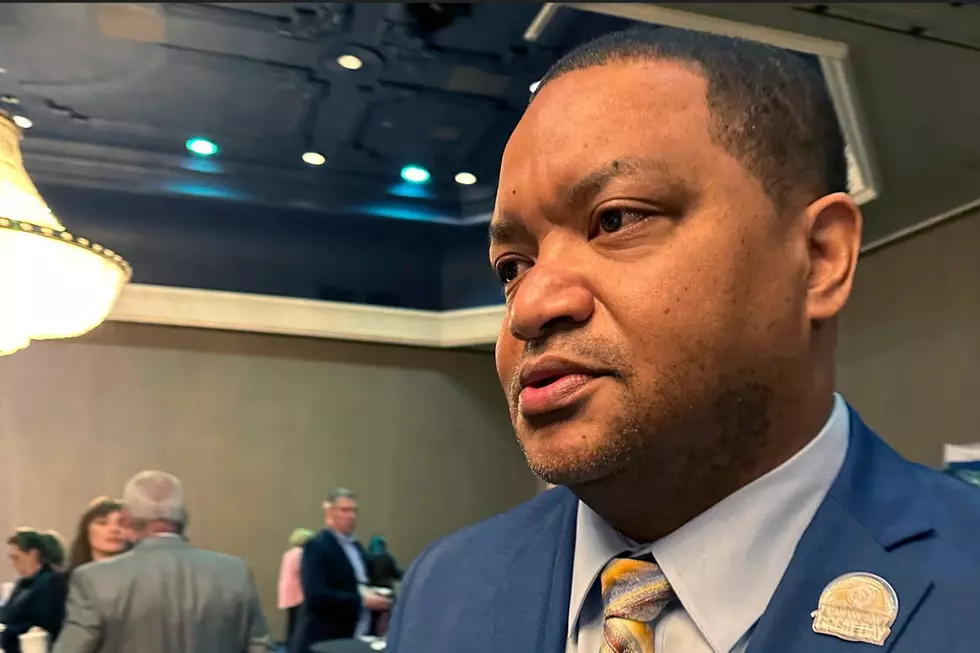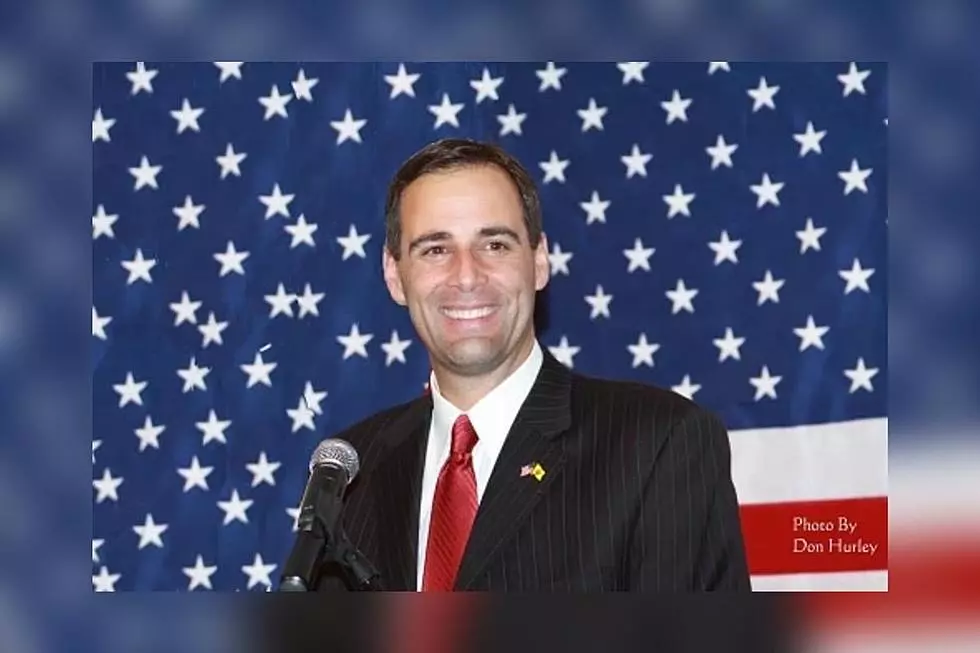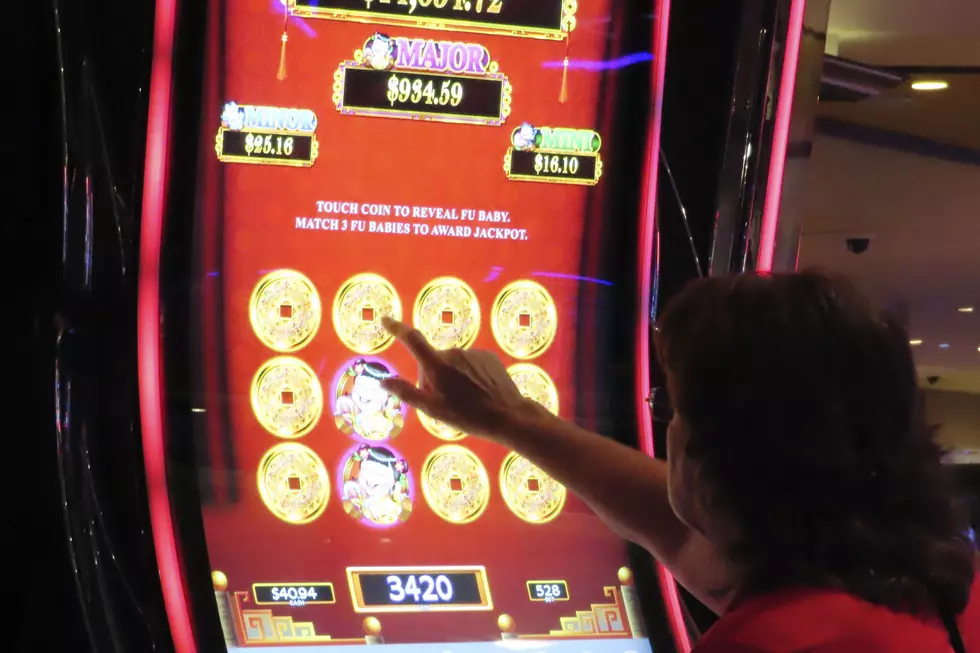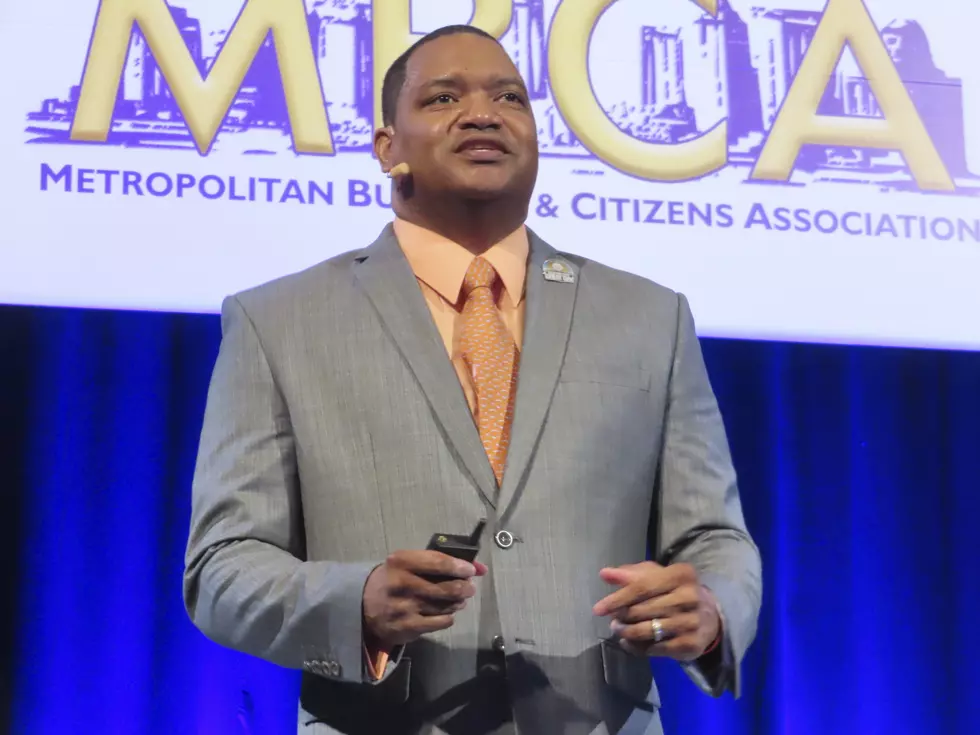
NJ Federal Lawmakers Eagerly Await Supreme Court Sports Bet Hearing
New Jersey federal lawmakers on both sides of the political aisle who support the state's bid to legalize sports betting look forward to the airing that the matter will have before the U.S. Supreme Court.
Justices, on Tuesday, agreed to hear the appeal filed by New Jersey officials after their case was rejected in the Third Circuit Court of Appeals. New Jersey's allies are Wisconsin, Louisiana, Mississippi, West Virginia and Arizona.
In rapid succession, hopeful messages sprang from the desks of Representatives Frank LoBiondo (R-2) and Frank Pallone (D-6), and U.S. Senator Robert Menendez (D-NJ).
LoBiondo's measure, HR 783, would give states an opportunity to legalize sports betting for four years. Pallone's bill, HR 784, would exempt New Jersey from the current law.
Sports wagering is legal in Nevada, Oregon, Delaware and Montana, all of which had forms of legitimate gambling in place before the Professional and Amateur Sports Protection Act of 1992. New Jersey lawmakers were given one year to create state-level enabling legislation, and failed to meet the deadline.
While pursuing the goal, New Jersey is also fending off lawsuits to block it, filed by MLB, NBA, NFL, NHL and NCAA, which helped to stall progress on a 2011 referendum that state voters approved for enactment.
"Times have changed a lot since 1992," LoBiondo said. "To be clear, [the 1992 decision] was a very bad missed opportunity," recalling that former NBA All-Star Bill Bradley, then a U.S. Senator for New Jersey, "spoke very passionately against this."
One of LoBiondo's points of contention is that legalization would bring regulations and accountability to a practice that works in the shadows of the Garden State.
The leagues opposing the move, LoBiondo said, "would have us believe that there is no betting going on. The NFL is especially egregious on this, with the billions of dollars that is bet off-book every year."
New wagering avenues, LoBiondo added, mean new secondary revenue streams for local businesses.
"Take the Super Bowl," he said. "Not everyone, or not as many people as we'd like, are willing to come to Atlantic City in February. When someone may come for sports betting, they're going to have a meal, something to drink, and they're probably going to stay for more than just a day."
But in the digital age, if online sports betting is permitted, would it dampen potential tourism advantages? LoBiondo believes that legalization gives New Jersey a new chance to return to its longstanding lead role as a gaming-and-entertainment capital. .
"I like the idea of having people come into the bricks and mortar," he said. "Next year at this time, we'll have Hard Rock, which will be a fabulous addition. The Hard Rock team and Jim Allen are spending hundreds of millions of dollars to upgrade that [former Trump Taj Mahal] property. People are going to want to come for the experience, or to catch a show, besides whatever the playoff game is."
LoBiondo harbors problem-gambler concerns, but dismisses the idea that another form of gambling would create a new wave of betting addicts and marginal wage earners hoping for big wins but getting the opposite.
"Those people are probably betting more than they should right now, and it's just not being recorded," he said. "We want to be careful of people who may have a problem. We want to be sure there is an opportunity for people to get help. That's all in place, right now."
Pallone, in a prepared comment, lauded the high court for "potentially resolving a long history of hypocrisy and unfairness in federal law.... Rather than continuing to allow criminal and offshore entities to reap the benefits of illegal gaming, there is now an opportunity for the Supreme Court to allow the democratic process in New Jersey to appropriately regulate sports gaming.”
Menendez also touted the potential to take sports wagering out of the hands of bookies, and to give financial breathing room to the cash-strapped Garden State.
"By bringing sports gaming into the light, states can collect much needed revenue as well as protect against underground and dangerous operations. New Jerseyans deserve nothing less, and they made their voices known by overwhelmingly supporting legalized sports betting in the state referendum. Our state legislature has passed laws that continue to be blocked by the courts, but it is my hope that the nation’s highest court will allow New Jersey’s laws to finally go into effect.”
More From WPG Talk Radio 95.5 FM









